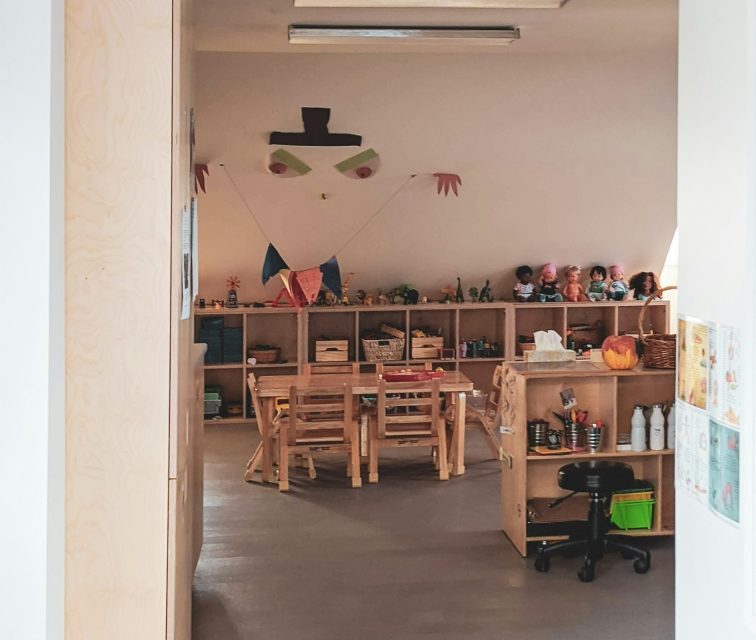By Ronald Taylor
Special to the AFRO
When a gas explosion destroyed Baby Einstein, a child care center in Southeast Washington in mid-January, all 16 kids had already been evacuated, but the blast gouged a new gap in an already fragile child care network in D.C.
A recent report by Under 3 DC, a child care advocacy group, sounds a fresh alarm about child care needs. According to the report, there is not enough affordable care for toddlers and children in the District. At present, there are only enough slots in licensed early childhood programs to serve 71 percent of demand – resulting in an estimated gap of 8,385 child care spaces.
“A strong early childhood education sector is a key part of the infrastructure needed to attract families to live in D.C.,” the March report said. “Yet parents struggle to find–and afford–quality care, impacting their employers, children, and their own career trajectories.”
Under 3 DC concluded that the child care calculus in the District is worsening.
“Lower employment rates among parents and guardians leads to lower incomes for families, worse productivity for businesses, and decreased tax revenue for the District,” said the report. “The annual cost per parent of children under age three is $8,100, or $252 million aggregated across all similar DC parents. The annual cost to businesses for each parent is $2,540, or $79 million aggregated across DC parents.”
Her remarks echo the growing concern about the availability and access of child care and reflect the urgency that triggered the establishment of April as the month to focus on child care in the District,
A lack of high quality child care in D.C. is costing parents more than $250 million per year due to damaging impacts on productivity, negative actions by employers, and an inability to advance in careers when adequate child care cannot be secured, “The High Costs of Unaffordable Child Care” concluded.
And while demand for what early child care advocates label daycare “seats” dropped due to the pandemic-driven remote work, the daily costs of caring for a toddler in D.C. remain the highest in the country.
“Families in D.C. pay on average $417 per week, or close to $22,000 per year, which is 85 percent higher than the national average,” according to the report.
“This report makes it clear: we must make an immediate, lasting investment in affordable, high-quality child care for the good of our local economy and social fabric,” said Kimberly Perry, executive director of DC Action and co-chair of Under 3 DC.
“By continuing to bolster our early childhood education system, we’re not only supporting working families, we’re supporting all residents and businesses and are building a stronger, more prosperous future for everyone in the District.”
To the experts, childcare is critical.
“It’s the most important time in your life,” says Rachel Cook, a Columbia, Md. teacher, who was involved in child care for more than 35 years.
Experts in the childcare arena warn that the lack of affordable childcare is leading to a childcare crisis. A survey by Under 3 D.C. found that among parents who recently had or adopted a child:
- 52 percent had to reduce their regular work hours
- 46 percent had to turn down an opportunity to pursue further education or training
- 36 percent had to turn down a job promotion or desirable reassignment
- 27 percent had to quit a job
- 21 percent were demoted or transferred to a less desirable position
- 21 percent were let go or fired.
“This report quantifies what the business community has long understood anecdotally and provides a clear roadmap for action,” said Angela Franco, president and CEO of the D.C. Chamber of Commerce. “The child care crisis extends beyond family concerns and poses a significant economic imperative for all of us, as it costs taxpayers $64 million a year. Addressing this issue is essential for sustaining and growing our economy.”
What’s more, the dilemma is worsened by the end of federal childcare aid. At stake are 70,000 child care programs, or about one-third of those that relied on funding from the $1.9 trillion American Rescue Plan Act passed in March 2021.










